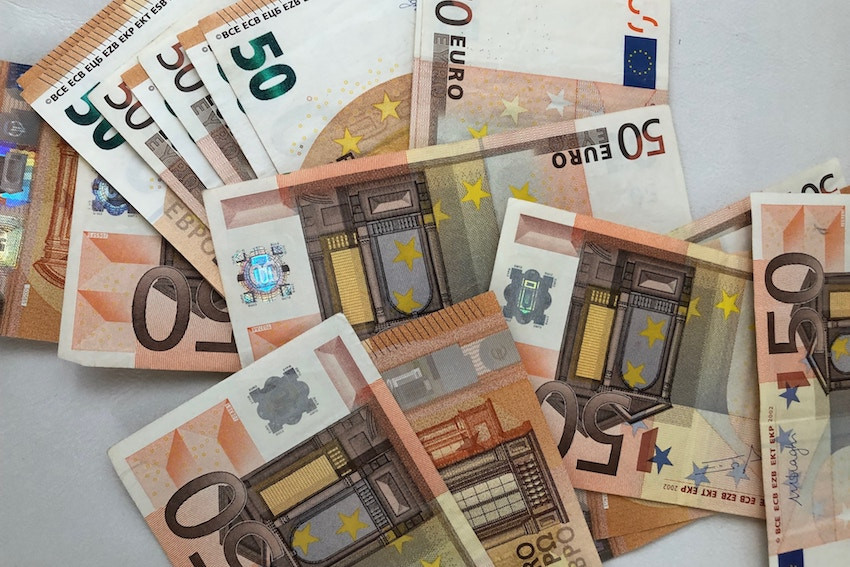“It is highly probable” that a “major cause” of the discrepancies is due to “massive VAT fraud, which costs EU countries €30bn-€60bn each year,” the researchers concluded.
Gabriel Felbermayr of the Kiel Institute for the World Economy and Martin Braml of the Leibniz Institute for Economic Research at the University of Munich, the study authors, stated in a press release:
“When companies declare sales as exports, they are exempt from VAT. However, if, in reality, these transactions were not cross-border but domestic, they are not recorded in the supposed trading partner’s import statistics and go untaxed.”
Across the EU, “member state data reflected an 18% surplus in export goods and a 26% surplus in export services,” per the announcement. “The differences were most pronounced between neighboring countries and also between member states with the more divergent VAT rates.”
From the study:
“Member states with the largest export biases… are Luxembourg (41%), Bulgaria (29%), and Greece (28%). Germany, Europe’s largest exporter, reports on average 10% higher goods exports. The Netherlands (0.3%), Czechia (-3%), and France (-3.3%) are those member states with the lowest discrepancies in their goods exports. Sweden (-65%), Cyprus (-62%), and Ireland (-20%) are severely biased towards a substantial under-reporting of their exports.”
The paper further stated:
“Discrepancies in services accounts are larger on average than in goods accounts: the average absolute discrepancy is 26%.
....
“The most accurate reporting is performed, again, by France (2.3%) and, again, the Netherlands (-0.8%), the largest inaccuracies are observed in Cyprus (-80%) and Luxembourg (63%).”
The report stated that overall:
“According to our estimations, Cyprus, Ireland, Luxembourg, and Sweden are the EU member states with the most inaccurate statistical regime. The Netherlands provide the most accurate data for goods trade. Accounting for economic size, British figures seem to distort intra-EU current account data most significantly.”
Felbermayr and Braml called the discrepancy between UK and Luxembourg numbers “particularly striking”. They wrote:
“According to British data, the service trade volume amounts to €8.2bn; the same figure, as reported by Luxembourg, stands more than three times as large at €27.3bn.”
The researchers recommended introducing “an electronic clearing procedure… that documents all cross-border transactions for goods and services.” Under this proposal:
“Every transaction should require a two-factor authentication: first, the exporter declares export value, quantity, and counterparty to the system. Second, the importer confirms transaction details. The data collected would be automatically transmitted to statistical offices and tax authorities.”
“The EU Self-Surplus Puzzle: An Indication of VAT Fraud?” working paper was released on 7 January.
Logically impssible: within the #EU exporters report larger values of #exports than what importers report as #imports. major cause: VAT fraud, say @GFelbermayr and @MartinBraml https://t.co/cWvYxH9uqB @ifo_Institut
— Kiel Institute (IfW) (@kielinstitute) January 7, 2020
